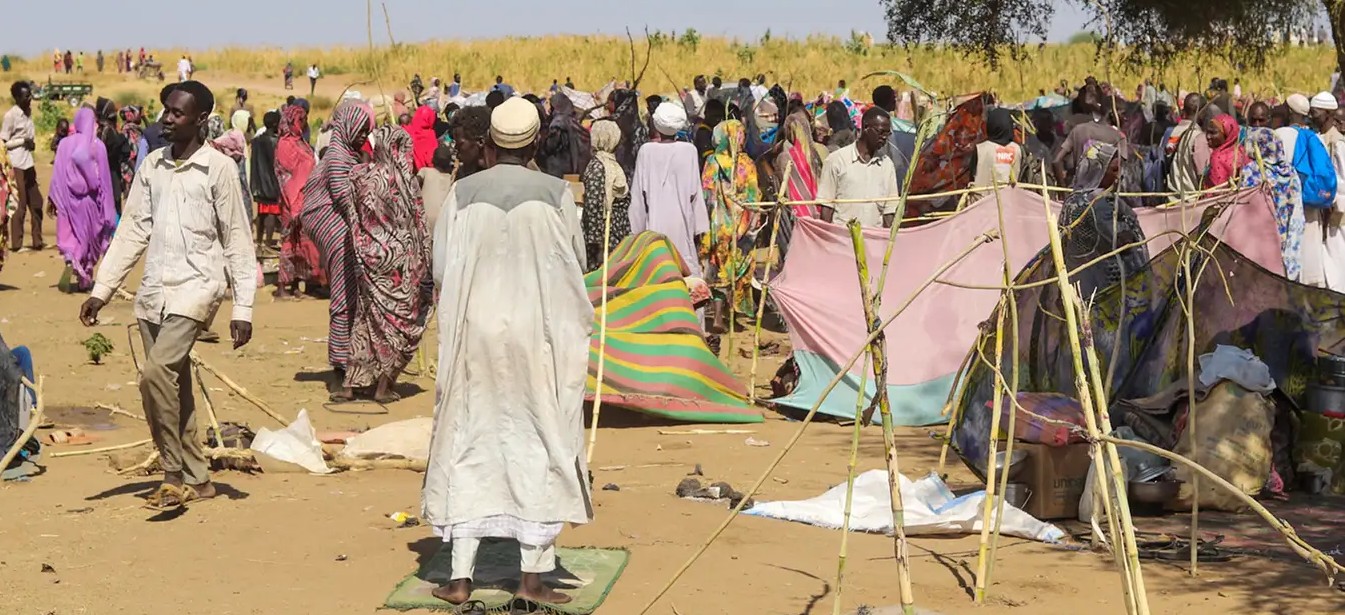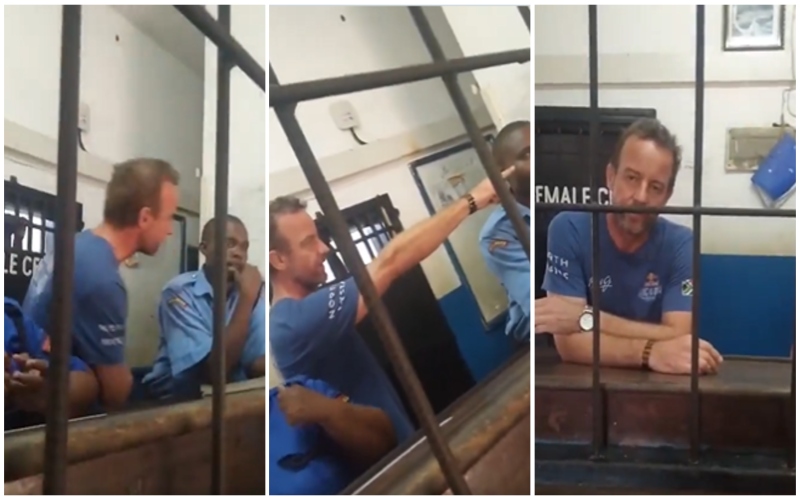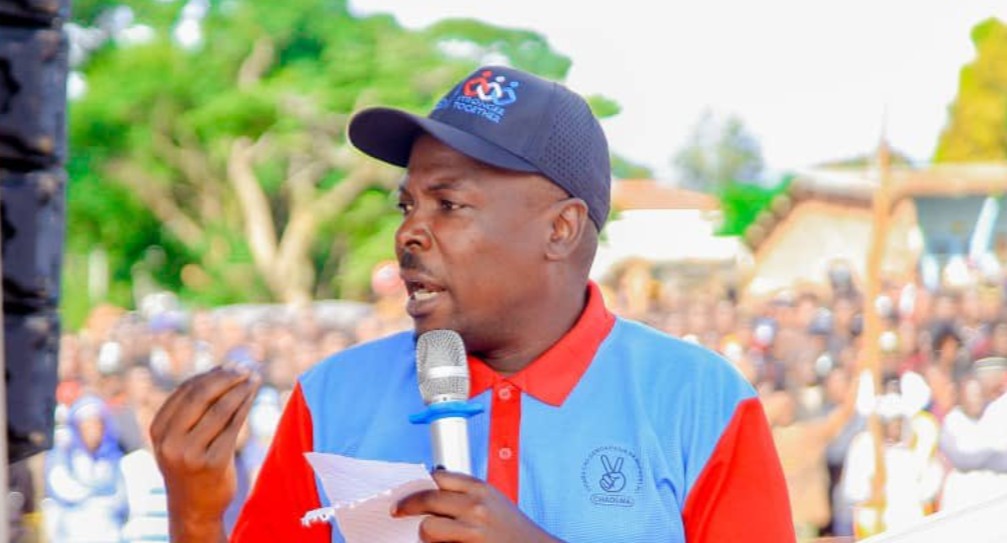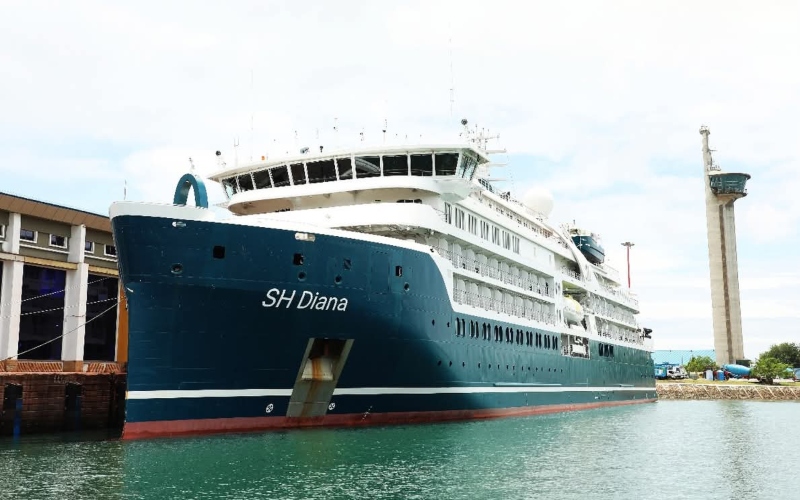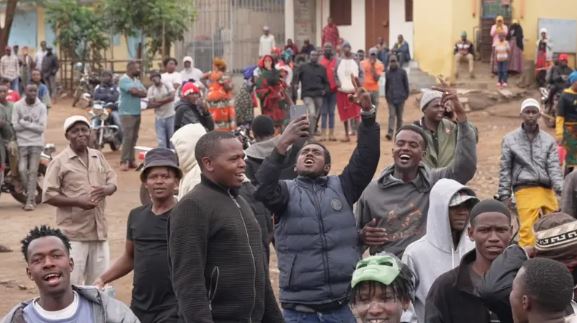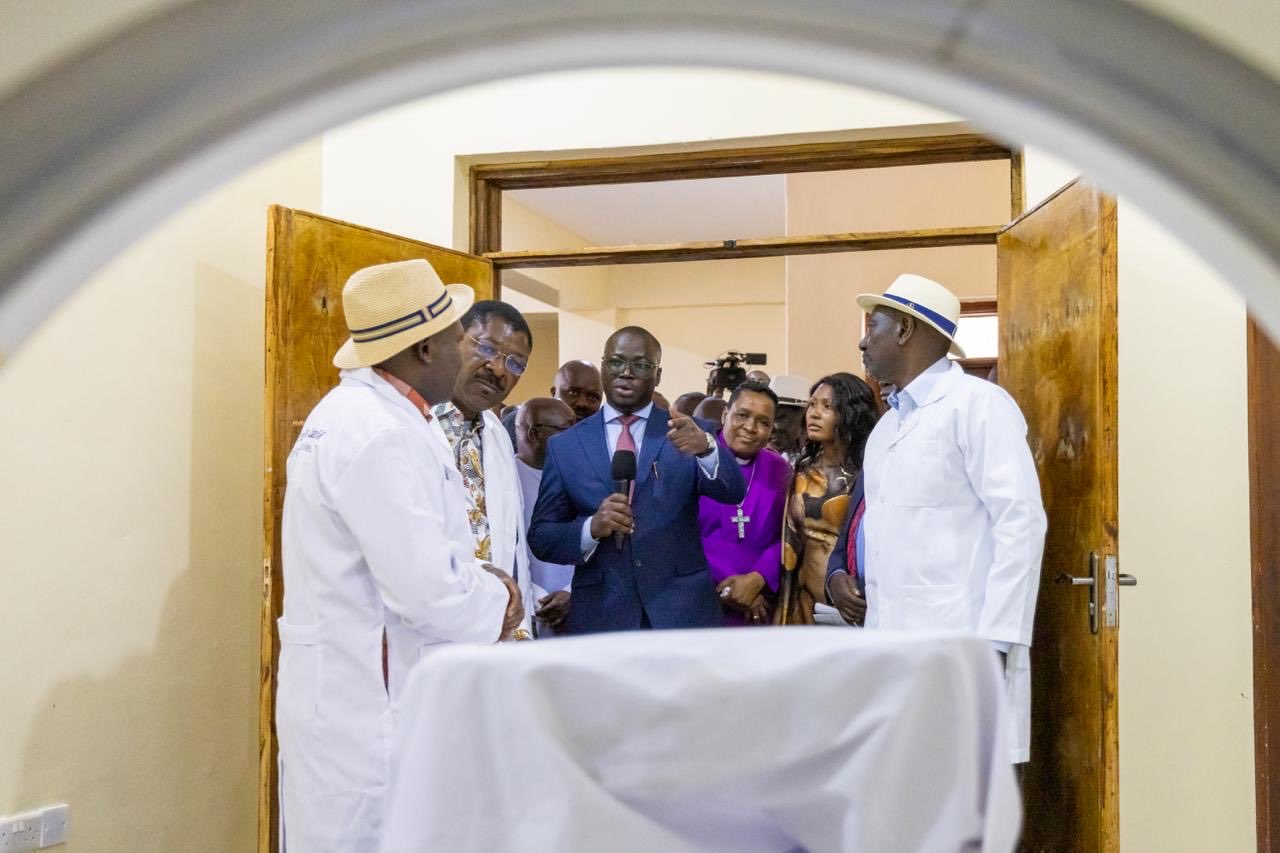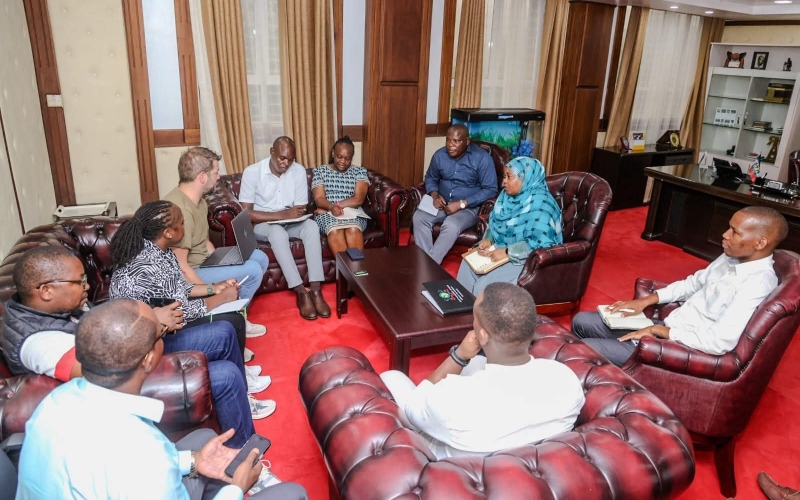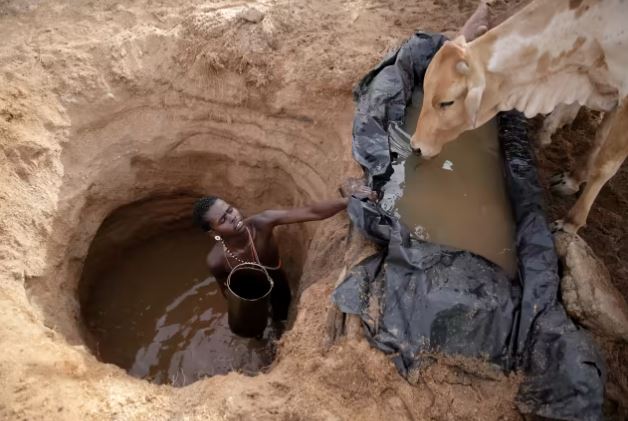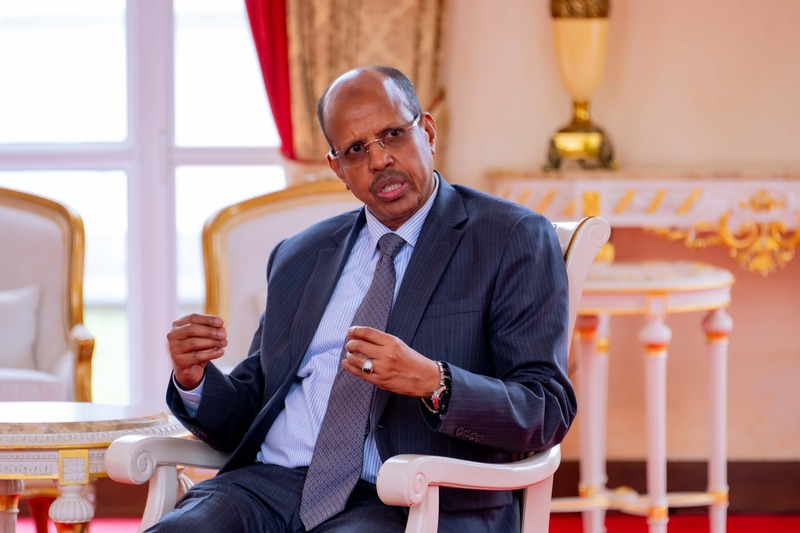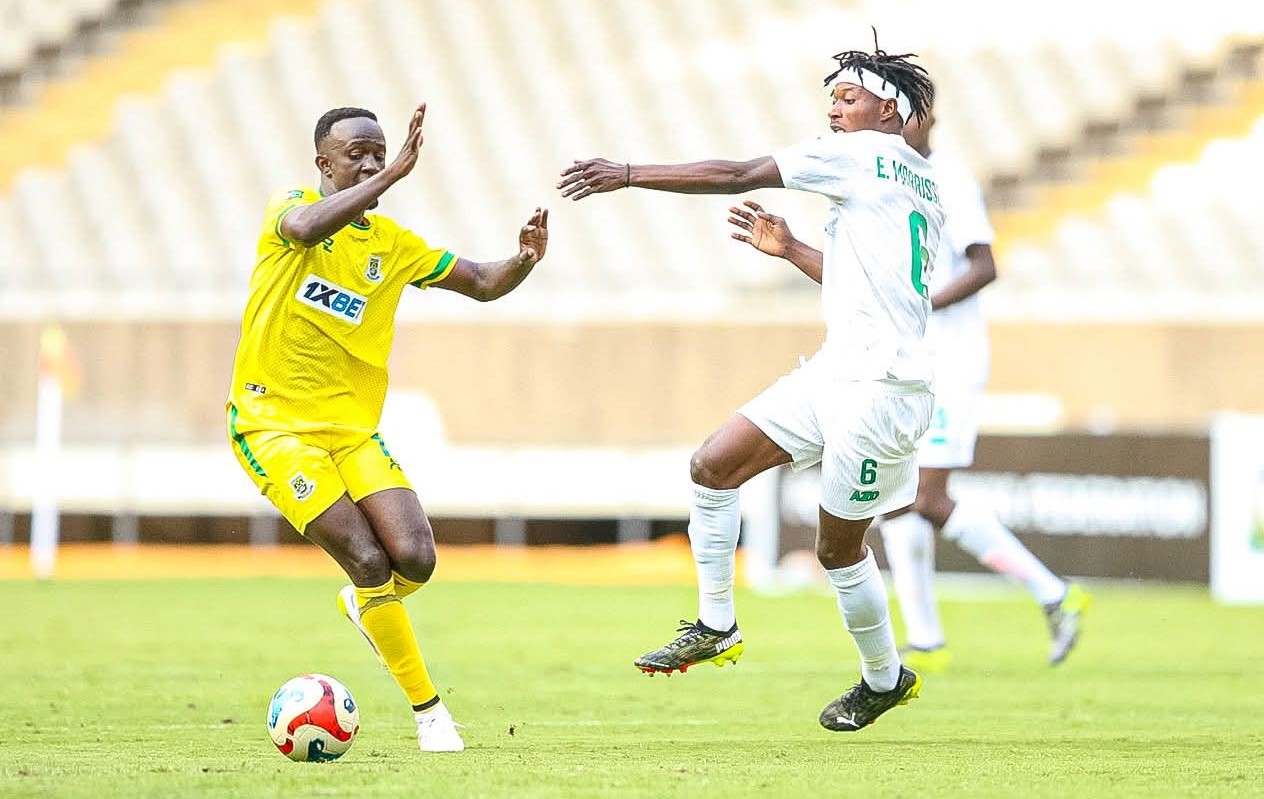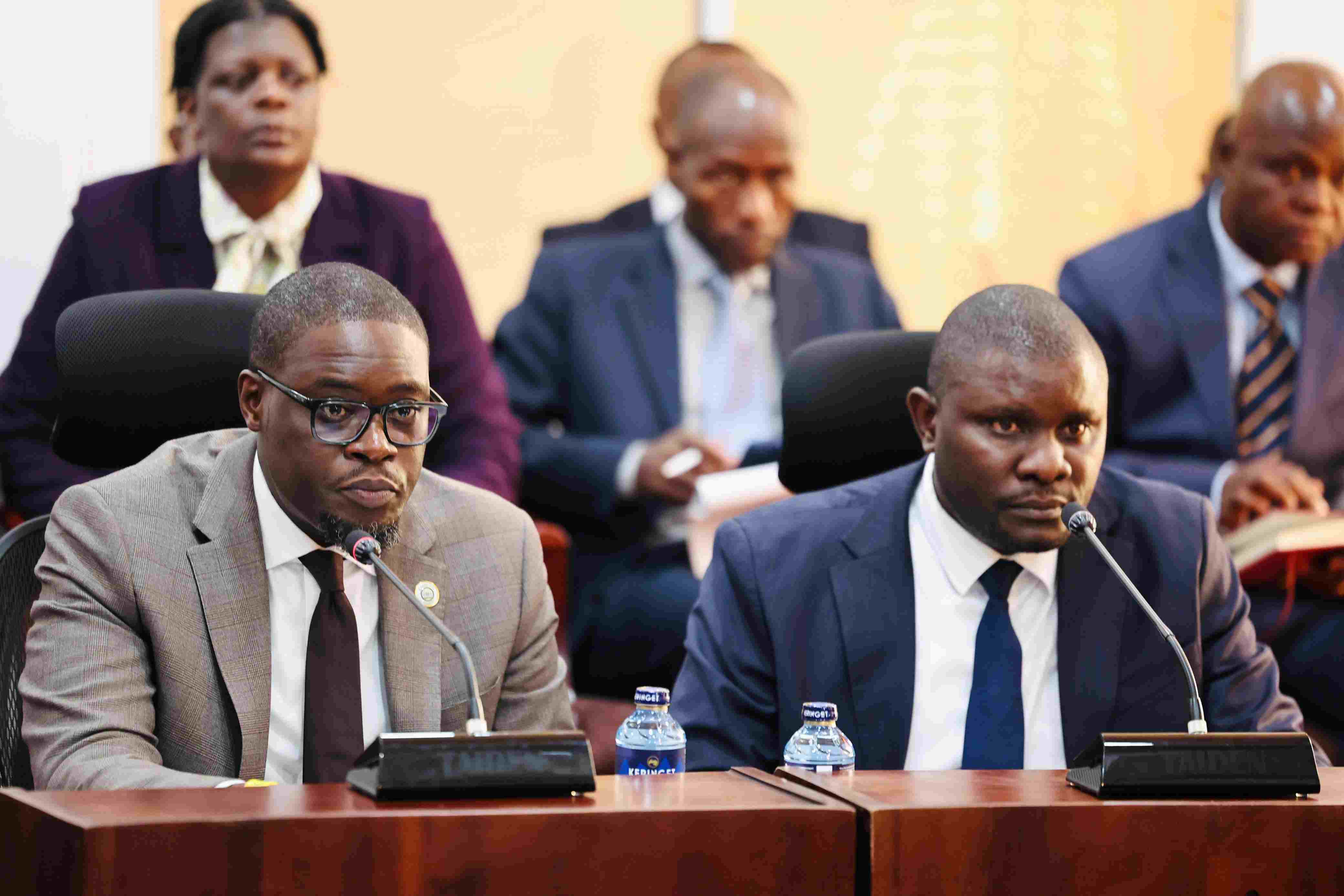Somalia reopens Mogadishu voter listing as new political framework promises greater citizen participation
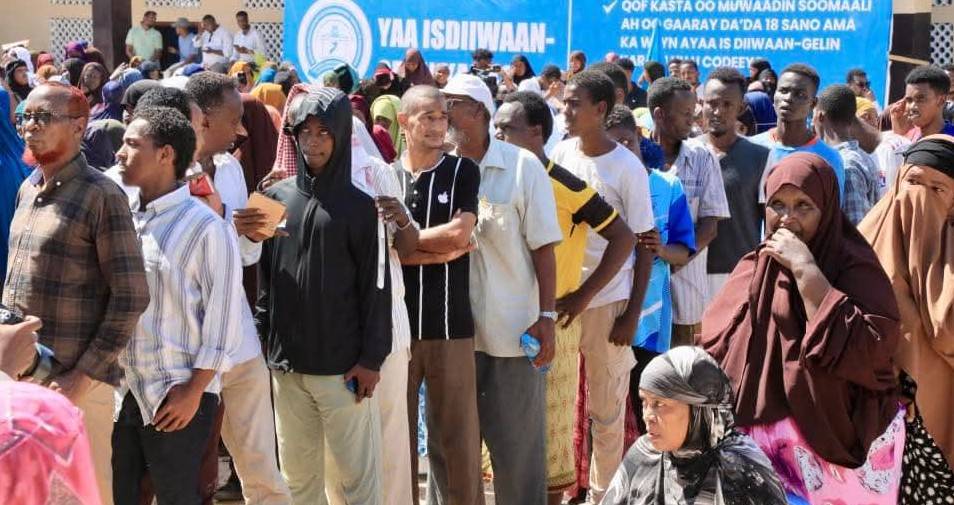
The Somali electoral commission has announced that registration is open to all eligible residents of the capital, including first-time voters and those affiliated with political associations recognised following the signing of a political settlement on August 25, 2025.
The National Independent Electoral and Boundaries Commission (NIEBC) of Somalia has reopened voter registration centres in Mogadishu, signalling a new phase in the country’s electoral process under a revised political framework recently agreed upon by the federal government and opposition groups.
The centres, which had closed in August after an earlier round, will now operate until the end of September, allowing those who missed previous opportunities to register, with special attention given to supporters of newly certified political associations.
More To Read
The commission has announced that registration is open to all eligible residents of the capital, including first-time voters and those affiliated with political associations recognised following the signing of a political settlement on August 25, 2025.
That agreement, the result of months of negotiation, established a new election model aimed at resolving long-standing disputes over how Somalia’s leaders are chosen and how power is shared among the federal government, parliament, and state authorities.
Under the terms of the deal, federal lawmakers will no longer be elected directly by citizens but will instead be selected by state leaders. Once chosen, these lawmakers will elect the president through the Federal Parliament.
The president retains the authority to appoint a prime minister, but that appointment must be approved by the House of the People, which also has the power to dismiss the prime minister.
Threshold for political recognition
The agreement further introduced a new threshold for political recognition, stating that any political association securing at least 10 per cent of parliamentary seats will be formally recognised as a national party.
Government and opposition representatives who signed the deal also committed to continuing preparations for a transition to direct elections under a “one person, one vote” model. These direct elections are expected to start at the local council level and gradually expand to legislative bodies. Until then, elections will follow the 2024 Electoral Law, with plans to hold polls at the municipal, state, and federal levels in subsequent phases.
The reopening of voter registration centres is intended to support these reforms by ensuring that all eligible citizens, especially those in the capital, are included in the new system.
Registration centres have been established across multiple districts of Banadir, including Warta Nabadda, Howl-Wadaag, Hodan, Wadajir, Dharkenley, Waabari, and Kaxda. According to the electoral body, this registration round will remain open until September 30.
This process forms part of a broader effort to rebuild political representation in Somalia after decades of instability. Universal suffrage in Mogadishu had not been attempted since 1969, but the first phase of registration began in April 2025. High turnout prompted an extension in July, with long queues reported across all 17 districts of Banadir.
Government data indicates that nearly one million people registered before the initial voter rolls closed in August for the municipal council elections.
Despite progress in Mogadishu, significant challenges remain in implementing the agreement nationwide. On September 8, the semi-autonomous region of Puntland deployed security forces to prevent federal and Northeastern officials from registering voters in disputed areas of Sool.
This incident highlighted how unresolved disputes between the central government and federal member states could slow or complicate the wider rollout of the new system.
Opposition groups are also divided in their response. While some members of the Salvation Forum signed the August deal, other prominent figures rejected it. Among the critics is Abdirahman Abdishakur, leader of the Wadajir Party, who argued that the agreement “did not fully resolve Somalia’s political crisis and could instead extend it.”
Voter registration crucial
Analysts note that even though citizens will not directly elect the president under the current model, voter registration in Mogadishu remains crucial.
It is seen as essential for the municipal council elections that come first, and for building legitimacy for the wider electoral process. The system it replaces was an indirect model in which ordinary citizens had no direct role in choosing national representatives.
For example, in the 2016 parliamentary elections, the 275 members of the House of the People were selected by 14,025 delegates, themselves chosen by clan elders under a system that emphasised traditional authority.
The Upper House was elected by state assemblies, and together the two chambers then elected the president. This process largely excluded citizens from direct participation and relied heavily on clan structures.
The new registration drive in Mogadishu is being promoted as an opportunity for citizens to have a greater role in shaping the country’s political future. The electoral commission has called on political associations to mobilise supporters and ensure that all eligible voters are registered in time.
In its statement, the commission said: “The strength of Somali democracy will depend on citizen involvement” and urged all political actors to take responsibility for ensuring the success of the exercise.
Top Stories Today
